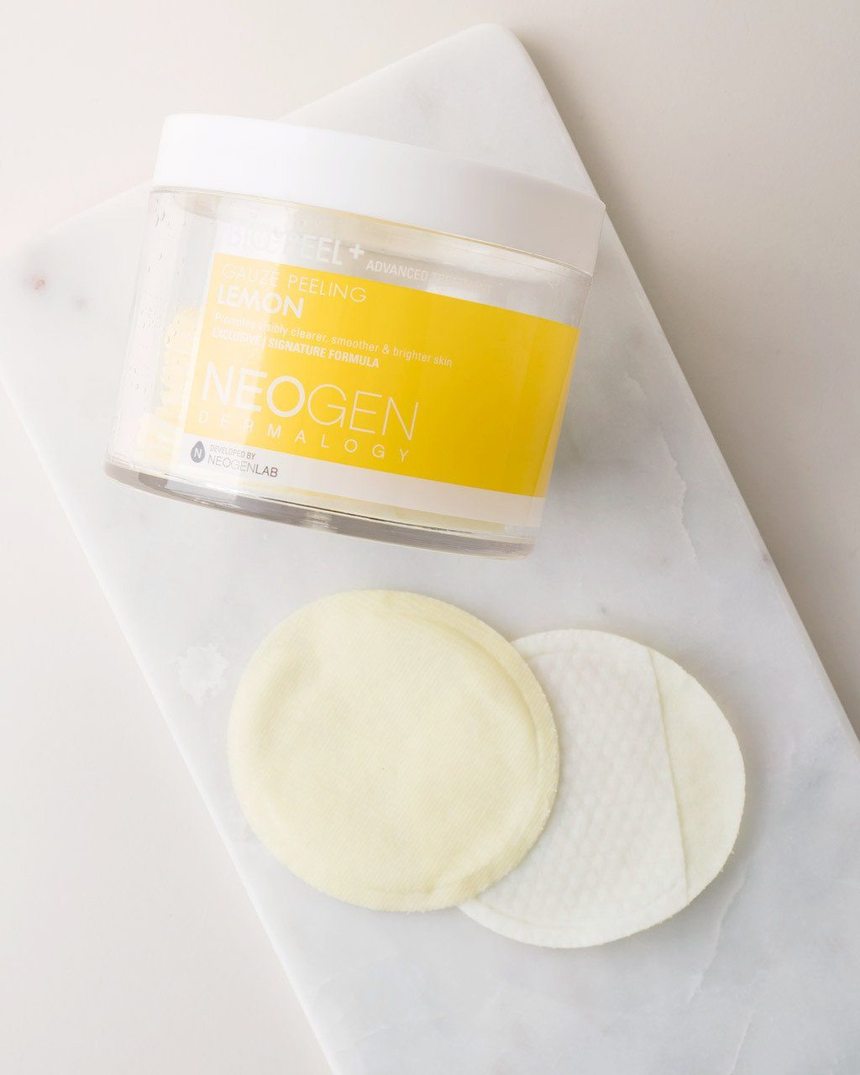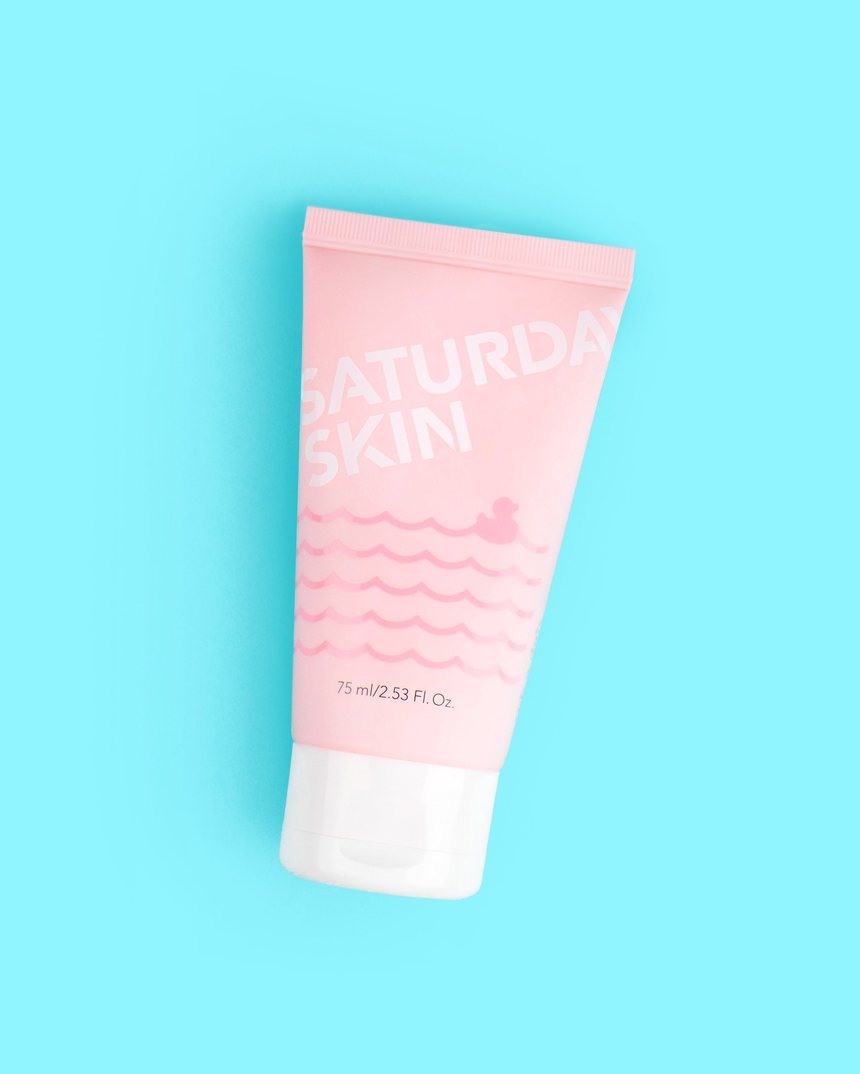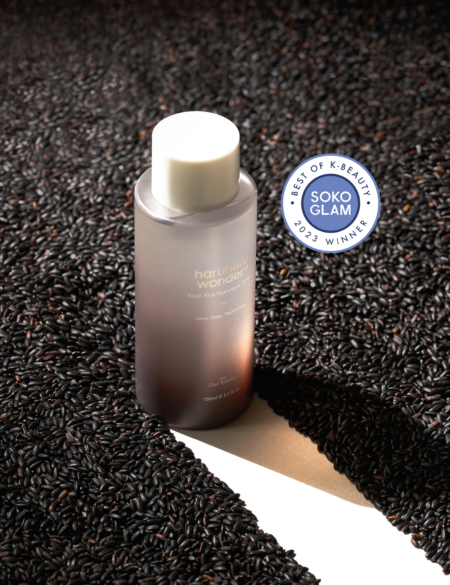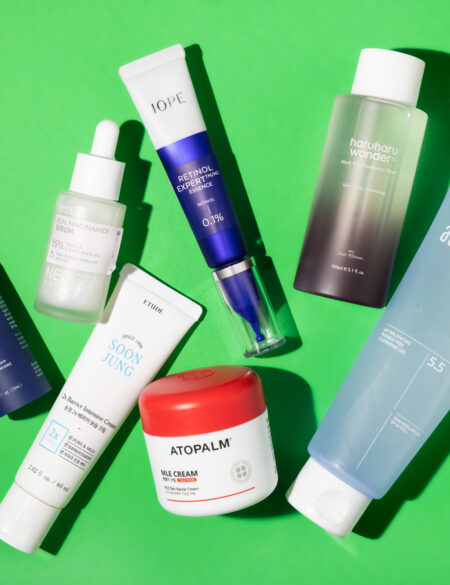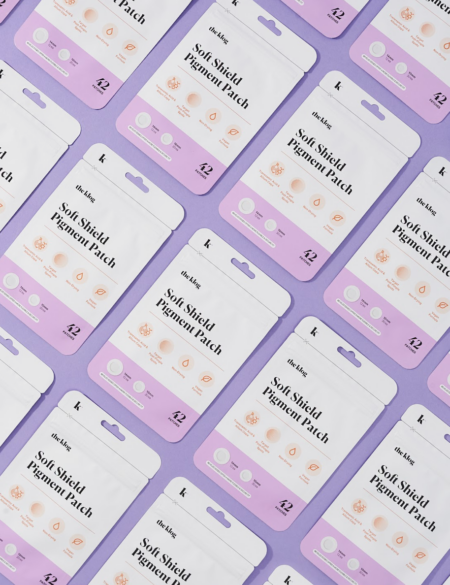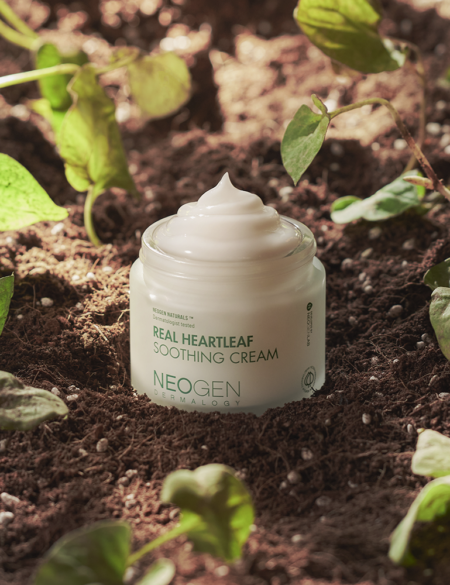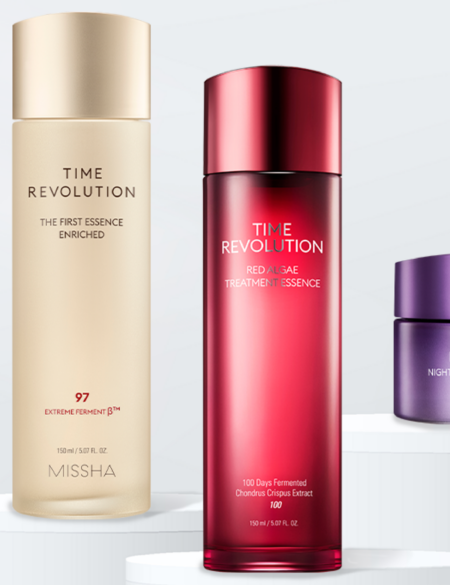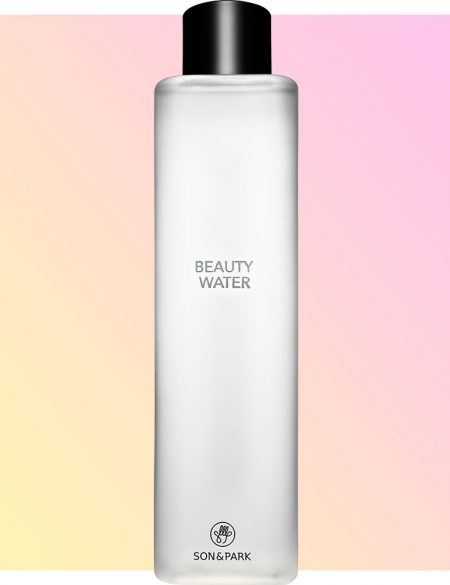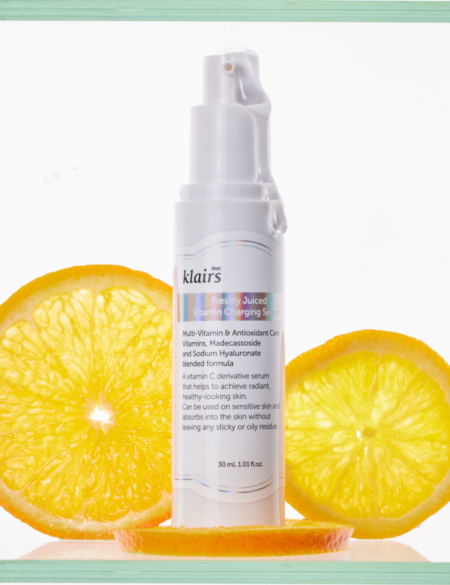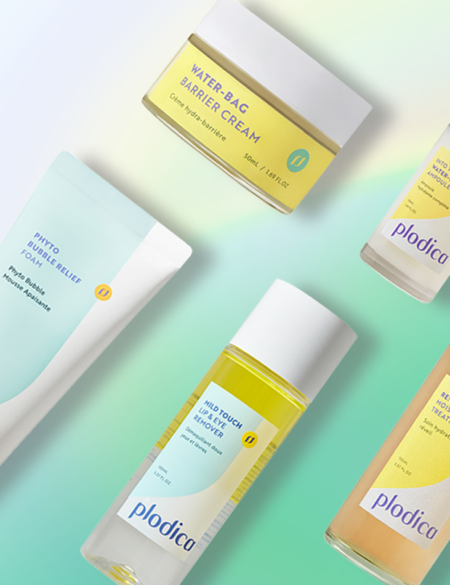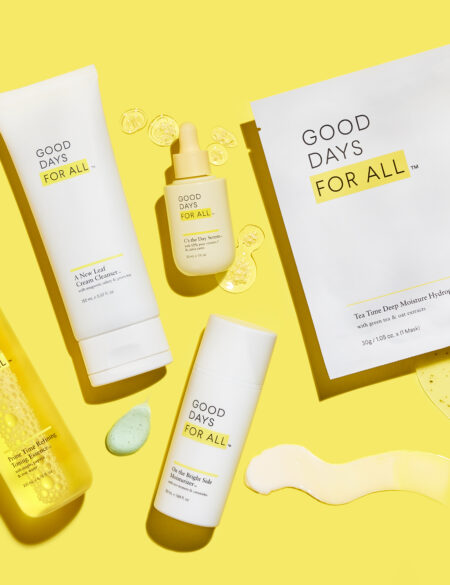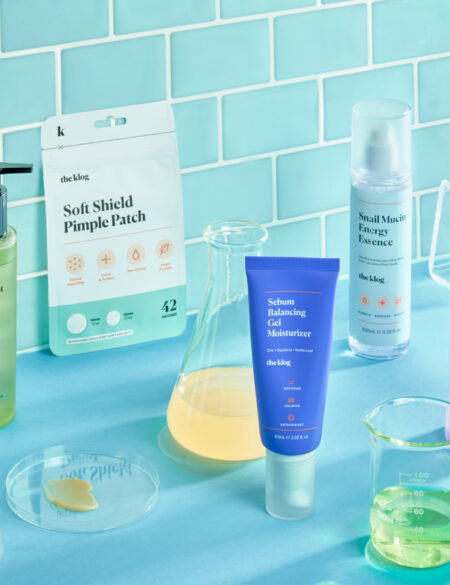Should you use a physical or chemical exfoliant? Here’s what happened when one writer traded scrubs for acids.
We are way past the days when exfoliating meant scrubbing your face ’til it hurt with a product like the infamous St. Ives Apricot Facial Scrub. I was personally a huge fan of the St. Ives Green Tea Scrub before I learned that harsh physical exfoliators aren’t always the best approach if you have sensitive skin that’s prone to scarring and hyperpigmentation.
The ingredients in a lot of these physical scrubs — even the good and natural ones — were actually way too abrasive on my skin, which is also acne-prone. Of course, there are exceptions. I personally love Tatcha’s Gentle Rice Enzyme Powder ($65) because it turns into a paste once mixed with water. Nyakio’s Chinese Rice Exfoliating Cleansing Powder is also one of the gentlest physical exfoliators I’ve tried. But once I tried a chemical exfoliant with AHAs (alpha hydroxy acids), I never looked back.
Sure, the term “acids” can sound scary and even ambiguous if you aren’t familiar with them or their benefits. But trust me when I say, that even in a world where “chemicals” are sometimes perceived as evil things you don’t want anywhere near your skin, hair, or food, alpha hydroxy and polyhydroxy acids are something you’re going to want to give a try.
RELATED: The Questions About Exfoliating We Get Asked All the Time
Chemical exfoliators help break down dead skin cells and allow for improved skin cell turnover, which essentially leaves skin smooth, polished, and glossy like I like it, in a single swipe of a pad.
Disclaimer: Of course, using too much of anything can cause adverse effects, so – and this is even more important if you have sensitive skin – it’s recommended to exfoliate just one to three times per week and to start with a low percentage of acid before diving into one that’s too strong. Learn more about easing into chemical exfoliants here.
Personally, I’m a major fan of the Neogen Bio-Peel Gauze Peeling Lemon ($27). The product is a textured exfoliating pad that’s saturated with lactic acid, glycolic acid, lemon, orange, and papaya extracts. I exfoliate with them 1-3 times a week depending on how sensitive my skin is that week, but even when I only use it once a week I notice a mega difference. The natural vitamin C (from citrus) in these pads works to brighten my complexion almost instantly. They’ve also helped me fade some pesky dark spots.
Another great, and even more sensitive skin-friendly option is the Neogen Dermaology Real Cica Pads ($20) which specifically works to remove dead skin cells (with PHAs, which are the most gentle form of chemical exfoliant) while also calming sensitive skin.
A product that’s kind of in between a physical and chemical exfoliator is the Saturday Skin Rub-A-Dub Refining Peel Gel ($28). It’s a gentle peel that removes dead skin cells using cellulose and natural enzymes like papaya and bromeliad (found in pineapples) to brighten and smooth skin. Rub a nickel-sized amount into the skin and watch as dead skin cells and excess sebum bunch up and are rinsed away for good.
If you haven’t jumped on this bandwagon yet, I’m telling you, chemical exfoliators are the skin care step you’re absolutely missing. One thing is for sure, I’m officially a convert!



